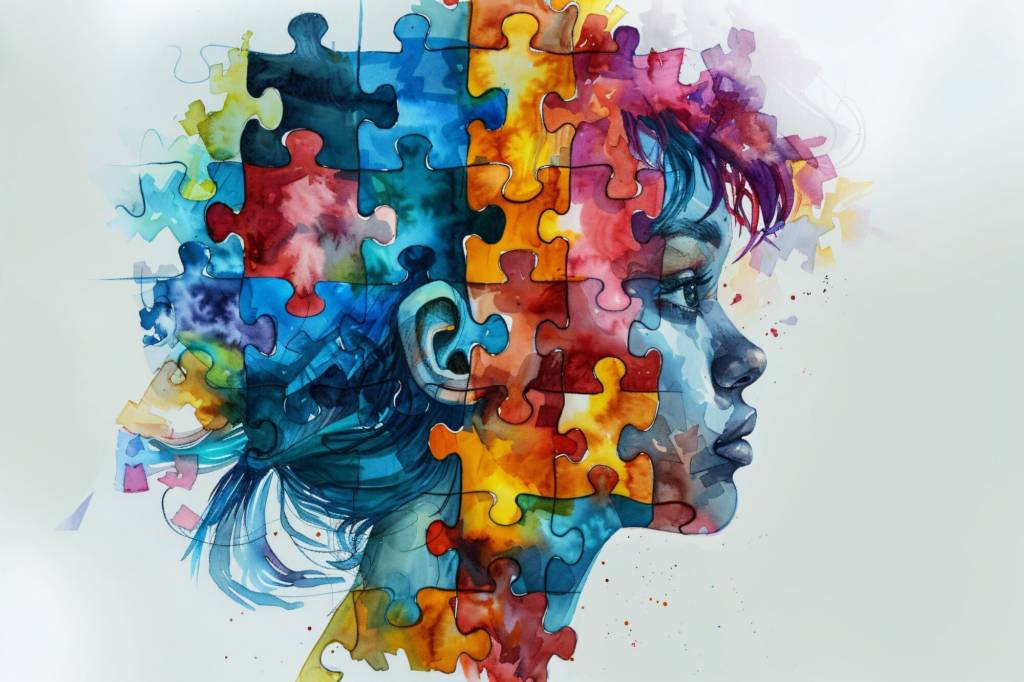The trillions of bacteria in our guts do more than aid digestion—they may shape brain development, too. A new study suggests that a mother’s gut microbiome could influence her child’s risk of autism, shedding light on how the immune system and brain interact.
Researchers at the University of Virginia found that an immune molecule, IL-17a, plays a surprising role in neurodevelopment. In mice, high levels of this molecule—triggered by certain gut bacteria—led to autism-like behaviors in offspring. When scientists suppressed IL-17a during pregnancy, the pups developed normally. But when left unchecked, the same mice later struggled with social interactions and repetitive actions.

Even more striking? Transferring gut bacteria from affected mice to healthy ones caused their offspring to develop similar traits. This suggests the mother’s microbiome, not just the child’s, may be a critical factor.
Though the study was done in mice, it highlights a promising direction for autism research. Scientists now hope to pinpoint which bacterial strains are involved and whether these findings apply to humans.


